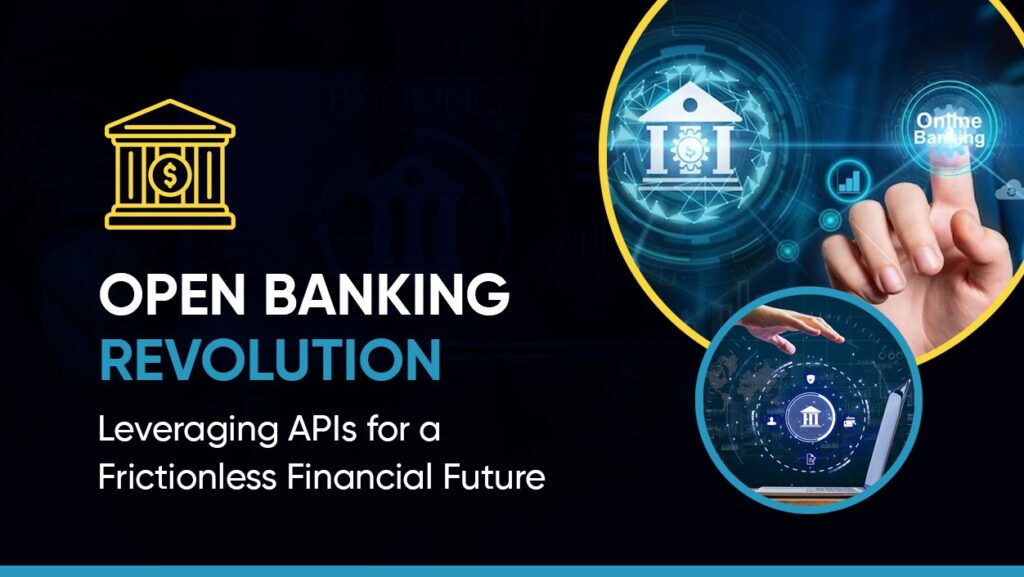In the ever-evolving landscape of banking, a profound transformation is underway as institutions increasingly turn to cutting-edge technologies to redefine and elevate customer relationships. At the forefront of this seismic shift are modern Customer Relationship Management (CRM) solutions, heralding a new era in banking and promising to reshape the industry by fostering enduring connections with clients.
Embracing 360-Degree Customer Insight
At the heart of this revolution is the unparalleled ability of modern CRMs to unlock the power of customer data. These advanced systems provide an all-encompassing view, weaving together transaction histories, individual preferences, and diverse interactions.
This wealth of information forms the bedrock for crafting personalized services, thereby not only elevating customer satisfaction but also cultivating unwavering loyalty.
Personalization Unleashed: Seizing Cross-Sell Opportunities
Modern CRMs empower banks to comprehend their clients at an unprecedented level of intimacy. By deciphering individual preferences, financial habits, and long-term goals, these systems open the door to a new realm of personalized recommendations and targeted marketing campaigns.
The once-elusive opportunities for cross-selling and upselling have become seamless endeavors. This not only enhances the customer experience but also serves as a catalyst for boosting revenue streams and extending customer lifetime value.
Collaborative Synergy: Breaking Down Departmental Silos
The outdated concept of siloed departments within banking institutions is rapidly fading away, thanks to the transformative influence of modern CRMs. These systems foster collaborative synergy by synchronizing teams across various functions, ensuring that every department has access to the same real-time customer data. This synchronization not only streamlines internal processes and reduces redundancies, but also guarantees a consistent customer experience across diverse touchpoints.
Modern CRMs also automate workflows such as onboarding processes and compliance checks, significantly reducing operational costs while fortifying the security framework.
Automation capabilities extend to workflows such as onboarding processes and compliance checks, reducing operational costs and strengthening security measures.
Navigating the Modern Banking Terrain
In an era where customer experience reigns supreme, modern CRMs stand as indispensable allies for banking institutions. By deciphering evolving customer needs and preferences, offering personalized services, and leveraging data analytics and artificial intelligence (AI), these systems ensure that banks stay ahead of the curve.
AI-driven analytics integrates data, predicting trends, identifying potential issues, and providing proactive recommendations. In this ever-changing landscape, modern CRMs empower banks to anticipate and meet the dynamic needs of their customers, setting a new standard for personalized, technology-driven banking experiences.
The Evolving Role of the Modern Banker
The age of modern CRMs heralds a significant evolution in the role of a banker. Today’s bankers are not merely financial advisors; they are trusted partners guiding customers on a personalized financial journey. Leveraging the power of AI-enabled modern CRMs, bankers proactively address issues rather than simply reacting to customer requests.
This evolution not only meets but exceeds customer expectations, showcasing a profound understanding of their needs and goals. It’s a win-win scenario where customers receive invaluable insights and banks, in turn, build stronger, lasting relationships.
Compliance and Data Security: Navigating Challenges
While the benefits of modern CRMs are vast, their implementation brings forth critical considerations around regulatory compliance and data security. The financial industry, highly regulated with stringent compliance requirements, demands the utmost care in handling sensitive customer data.
Fortunately, modern CRM solutions often come equipped with robust compliance features and advanced data security measures. These include automated record-keeping processes, the generation of compliance reports, and the implementation of encryption and access controls.
Despite the transformative power of modern CRMs, it remains crucial for banks to stay informed about evolving regulations and invest in ongoing training and resources to ensure the responsible use of these systems.
The Future of Banking: A Customer-Centric Ecosystem
As the banking industry continues its digital transformation, the integration of modern CRMs represents a pivotal step towards creating an integrated, customer-centric ecosystem. These solutions go beyond being mere tools; they are enablers of meaningful and enduring relationships between banks and their customers. Unlocking the true potential of customer loyalty and lifetime value, modern CRMs set the stage for a paradigm shift in the banking industry.
Future-Ready Strategies: The Dynamics of AI Integration
The integration of AI with modern CRMs ushers in a new era of banking dynamics. AI-driven analytics not only predict trends and identify potential issues but also provide strategic recommendations for future actions. Banking institutions leveraging these technologies stay agile, responding adeptly to the ever-evolving expectations of their customers.
Convergence with Digital Banking Platforms: A Seamless Experience
Modern CRMs are not isolated entities but seamlessly converge with digital banking platforms. This integration ensures a consistent and seamless experience for customers across various channels. The emphasis on consistency translates into personalized and contextual interactions, further enhancing the overall customer journey.
Omnichannel Engagement: Meeting Customers Where They Are
In the pursuit of exceptional customer experiences, the emphasis on omnichannel engagement becomes paramount. Modern CRMs empower banks to meet customers where they are, bridging the gap between physical and digital touchpoints. This strategic approach not only drives higher engagement but also cultivates lasting loyalty and advocacy.
Building Bridges: The Human Element in CRM Adoption
Amidst the surge of technological advancements, the human touch remains a critical element in the adoption of modern CRMs. While these systems provide unprecedented capabilities, successful adoption aligns with unique needs, scalability requirements, and long-term strategic goals. Banking institutions that navigate this integration effectively find themselves at the forefront of the banking revolution.
Beyond Transactions: Crafting Lasting Bonds
In conclusion, modern CRM solutions are not just tools for processing transactions; they are catalysts for reshaping banking relationships. By fostering collaboration, ensuring compliance, predicting trends, and enhancing personalization, these systems redefine the banking landscape. The journey transcends mere transactions; it’s about crafting enduring bonds in this technology-driven era of banking.
Unleash the power of technology to optimize your business processes, enhance customer experiences, and achieve operational excellence. Embrace the future of growth and innovation with Dorustree as your trusted partner.








